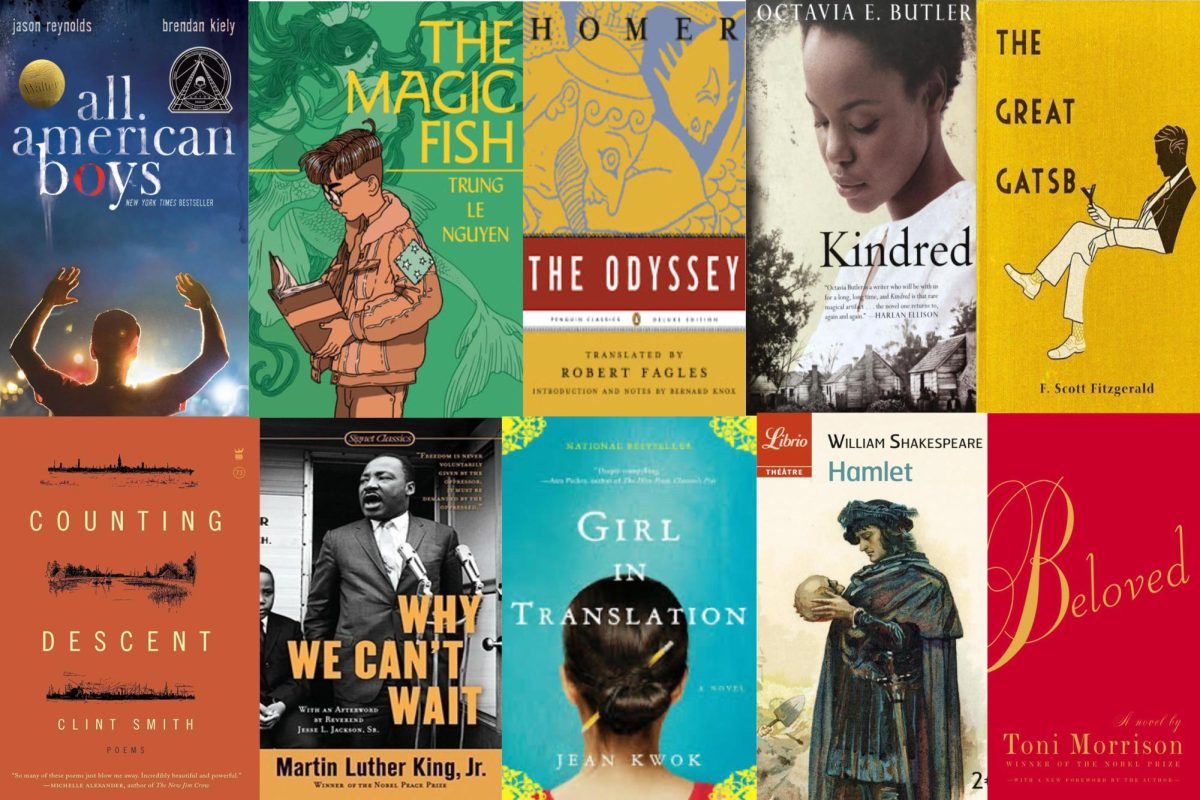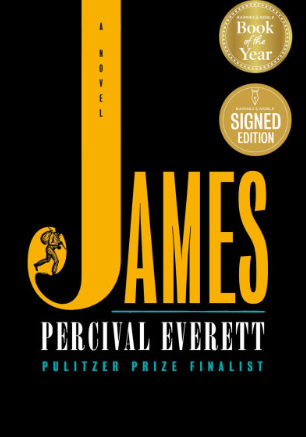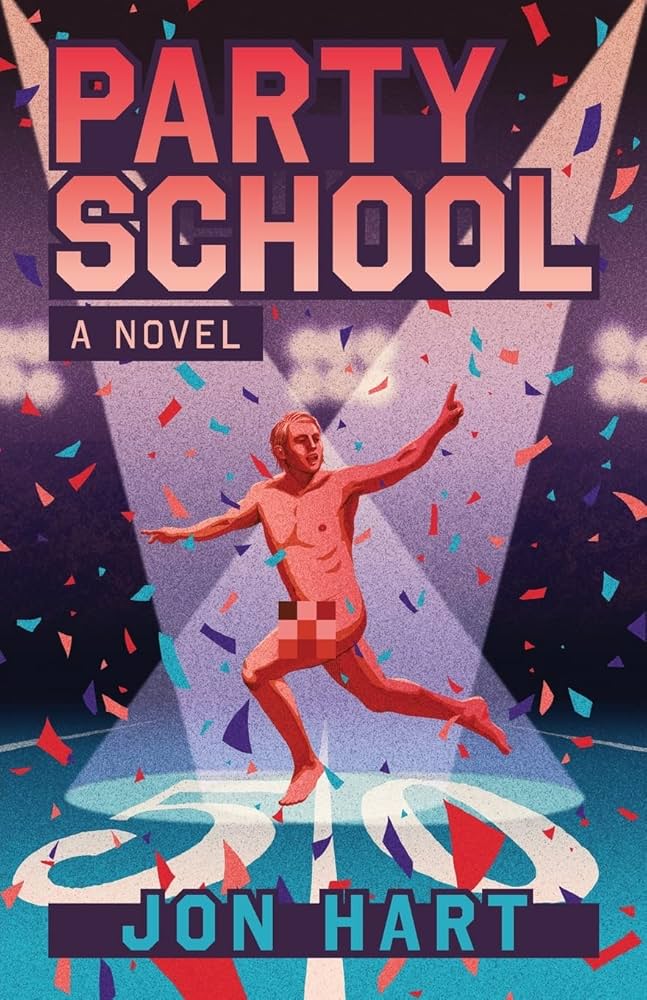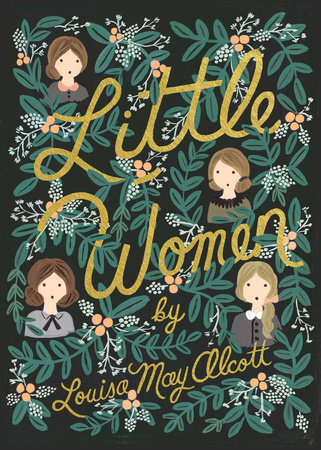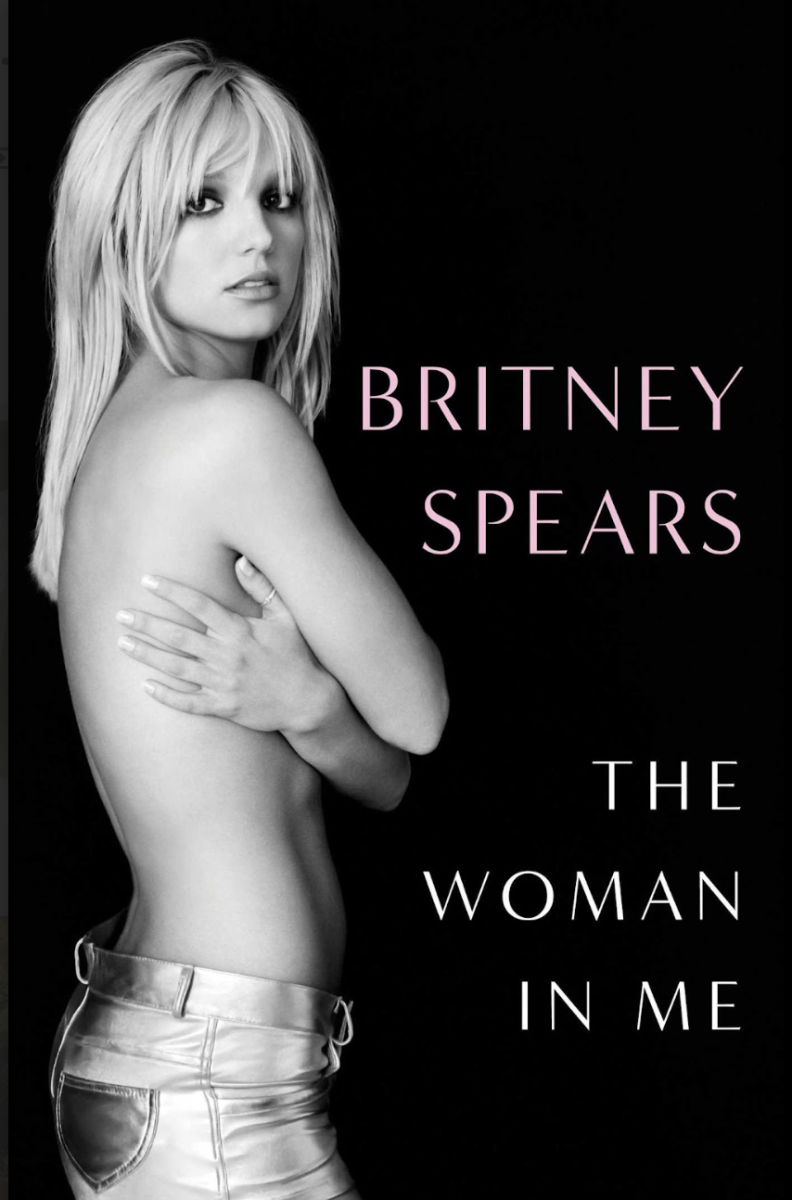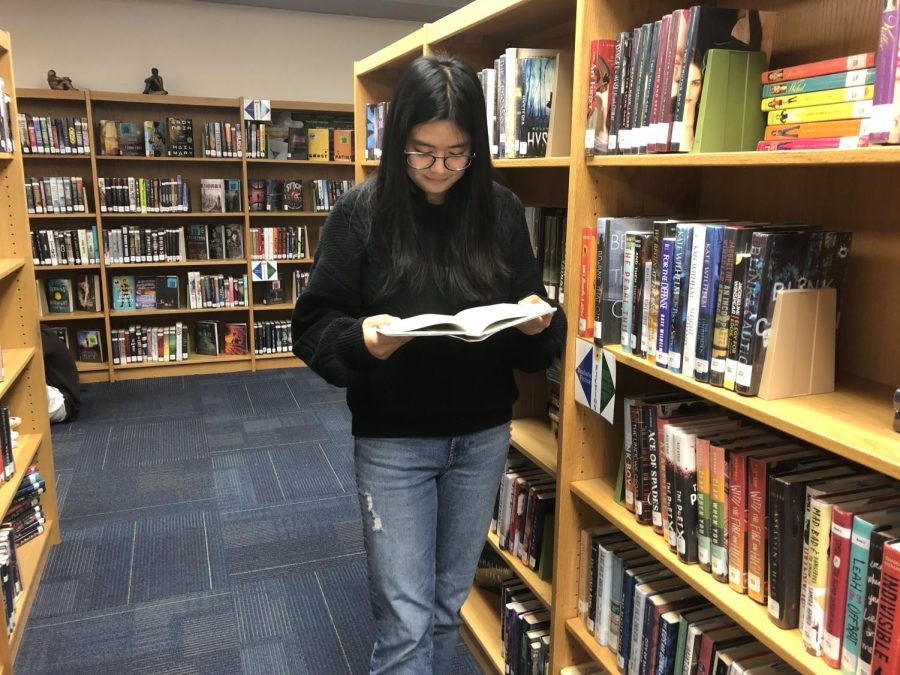Jeffrey Savett, AP Literature and Composition teacher, published July 29 his first poetry chapbook, a short collection of poems that revolve around a common theme. Titled Preservation, and published by CoreyJF Publishing, the book contains poetry from throughout Savett’s career.
Q: Many students at CHS had no idea how passionate you are about poetry. What inspired you to put together this collection?
A: I’ve been writing poetry for 15 years, tooling away in small journals, and stacking up rejection letters. It’s been a lifetime dream to write this book. What happened was, this local guy noticed my updates on LinkedIn and contacted me saying that he was interested, so I sent him my manuscript.
Q: What is the significance of the title Preservation? How does this tie into the theme of the collection?
A: For me, poetry is a form of meditation and prayer. Because of my illness (Crohn’s Disease) and many surgeries, I find that I’m hyperaware of my mortality, and it’s made me pay attention more and notice the little things in life. All of the poems in Preservation are moments in my life that I want to preserve, because I know that these moments are fleeting—they come and go, and soon there are none left. The quote by Abraham Joshua Heschel at the beginning of the book says, “Our goal should be to live life in radical amazement…never treat life casually…what seems to be a stone is a drama.” I try to follow Heschel’s wisdom by making normal, everyday things holy.
Q: Did the part about the stone in Heschel’s quote inspire the photo of stones on the cover?
A: Yes. “What seems to be a stone is a drama,” tells us to always look twice. In everything, there are still stories and things to be seen, even in something as simple as a stone. The same concept connects to the poem “Slaying Tiamat.” According to a Babylonian myth, creation began with Marduk, a creative warrior who represented light and order, and Tiamat, a dragon who represented chaos and disorder. The world came to be when Marduk slayed Tiamat—order overcame disorder. I don’t really believe in order, but I believe that can we create the things that sustain us. Slaying Tiamat is about me trying to overcome my illness.
Q: What about the other photography on the acknowledgement and dedication pages, as well as the back cover? Is there any significance there?
A: My good friend, Mordechai Rackover, took the back cover photo of the stone carving. It’s a photo of the Karo synagogue in Tzfat, Israel. I took the photo of the telephone on the acknowledgements page in Montreal. We purchased the cover photo of the stones and the dedication photo of the houses.
Q: As I flip through the poems, I can’t help but notice that a few of the scenarios sound a little familiar because you mentioned them in AP Lang last year. Do you usually share anecdotes with your students that are incorporated into your poetry?
A: Yeah, certainly things that I’ve told my students get incorporated. “With Mastodon You At Reluctant Concert” is about a Mastodon concert that I went to with a good friend who didn’t listen to that kind of music at all and just seeing him let go and enjoy. It’s a way of me thinking about what to write about later.
Q: Which poem would you say is your favorite?
A: I like “Parts and Labor” and “Dixon Ticonderoga.” Those two are newer. People tend to like the stuff that they write more recently.
Q: At what point do you know you’re done editing a poem?
A: That’s a hard question. A poem is never really done; you just stop working on it. It’s an issue of the taste of an artist. You could work on one poem for the rest of your life, but it would turn into something completely different. It doesn’t make sense to keep editing it for too long, because you have to allow the poem to be what it wanted to be at the time it was written. You don’t want to change the core of what it was.
Q: I notice that on the CHS website, you’re Jeffrey Savett, but on the cover of Preservation, you’re Akiva J. Savett. What made you decide to do this?
I have two reasons for this one. One, writing under a pseudonym gives the author freedom to take on different stories and people in their poetry. It reminds the reader that the speaker in the poem and myself aren’t necessarily the same person. Two, Rabbi Yosef Ben Akiva was one of the greatest Jewish scholars of all time, known for his modesty, wisdom, and genius. There is a myth that only four men who ever lived meditated deeply enough to get to the highest realm of mystical union and return alive. Out of those four men, Rabbi Akiva was the only one who was able to return and use his new insight for good in his everyday life. This is an inspiration to me.








